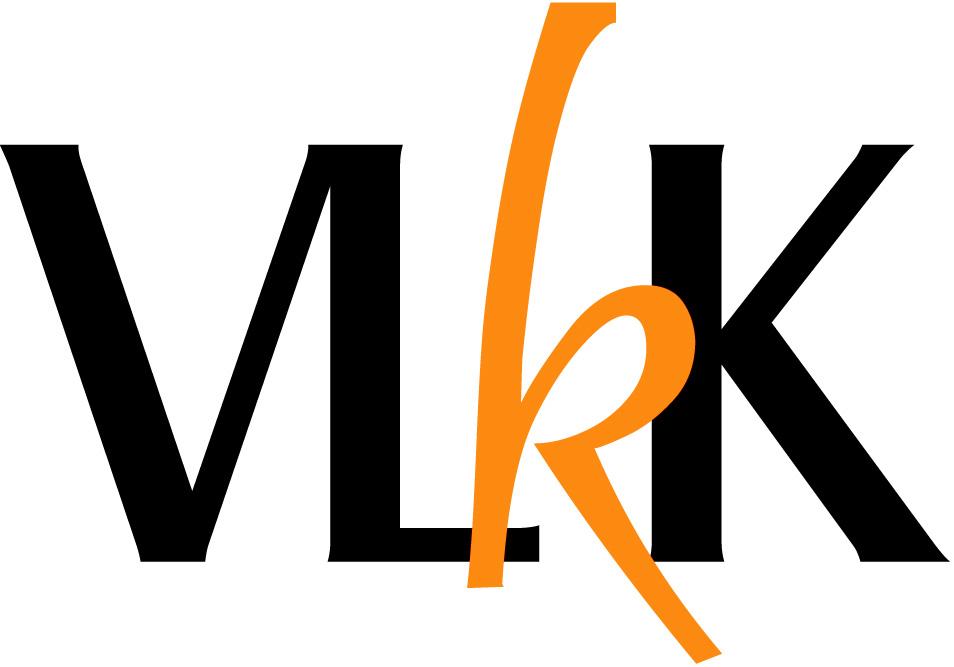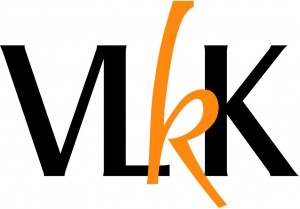- 2013/12/10
EFHR opinion on SLLC’s comments on provisions of national minorities draft law

 On November 14, 2013 the State Lithuanian Language Commission (the SLLC) submitted its considerations and comments on the national minorities draft law opened for public consultations on October 28, 2013 (no. 13-335-01). In the opinion of the European Foundation of Human Rights (EFHR), the SLLC’s comments are both misleading and false.
On November 14, 2013 the State Lithuanian Language Commission (the SLLC) submitted its considerations and comments on the national minorities draft law opened for public consultations on October 28, 2013 (no. 13-335-01). In the opinion of the European Foundation of Human Rights (EFHR), the SLLC’s comments are both misleading and false.
The SLLC begins with the statement that in its opinion “some provisions of the draft, if implemented, would infringe the status of the Lithuanian language as the state language”. The Commission inter alia refers to provisions of the draft that relate to obligations under the Framework Convention for the Protection of National Minorities and constitute a response to the requests by representatives of national minorities. The SLLC states that these only involve information of a “private nature” and “do not match with the right of persons belonging to national minorities to set information in national minority language in public”.
It is not clear if the SLLC is alleging that private information visible to the public is not protected under the Framework Convention, or whether it means that there is no obligation on public authorities to display information in a national minority language.
On both counts, the statement made by the SLLC is false: first, Article 11(2) of the Framework Convention quite clearly indicates that national minorities can use their language in providing “information of a private nature visible to the public”. In addition, Article 11(3) of the treaty makes it an obligation, under certain conditions, for authorities to “display traditional local names, street names and other topographical indications intended for the public also in the minority language when there is a sufficient demand for such indications”.
As for the right to receive the information in national minority language from the local administration institutions which is also suggested in the draft legislation in municipalities which have at least 25% speakers of a national minority language, the SLLC states: “It would be an unbearable financial and organizational burden for the State to submit compulsory free translation of information in national minority language (…). In practice it would legalize bilingualism in some municipalities which is in contrary to the Constitution. The claim to have a right to communicate with municipality officials in minority language would require from servants the knowledge of not only state language but also the knowledge of one or several national minority languages.”
It should be noted that Framework Convention Article 10(2) refers to the use of minority languages by local authorities in localities where there are sufficient numbers of representatives of national minorities. The argument on “unbearable financial and organizational burden” as well as anxiety about the additional requirements for servants are unfounded. If implemented, the obligation proposed in the draft law would only apply to municipalities with a national minority proportion og 25% or more. In practical terms, this would only involve two minority languages (Polish and Russian) and 3 or 4 municipalities (out of 60). Referring to bilingualism is also misleading – the Framework Convention does not impose complete institutional bilingualism or on authorities: it only requires the provision of information and services in additional languages (in the context of Lithuania, only two others) and only in certain situations.
The statement of the Commission that according to the Explanatory Report of the Framework Convention regarding the use of national minority language in contacts with public servants are limited ‘essentially’ to the ombudsman is strange, and absolutely false and without any foundation. There is nothing in the Explanatory Report that makes such a suggestion, which completely contradicts in any event a large number of provisions in the Framework Convention itself.
Another misleading statement of the SLLC is that having topographical names or street signs in two languages will interfere with duties of the police, medical and emergency services. The Advisory Committee in its opinions has repeatedly emphasized that the use of bilingual topographical signs in practice does not affect the duties of any public services, and the Commission has provided no explanation on what is based this additionally odd allegation
The EFHR is of the view that the State Lithuanian Language Commission interprets the provisions of draft law on national minorities (as well, as the provisions of Framework Convention) in an extremely restrictive and inaccurate manner, completely ignoring the aim and the spirit of Framework Convention as well as the country’s obligations in relation to the protection of national minorities.
EFHR



